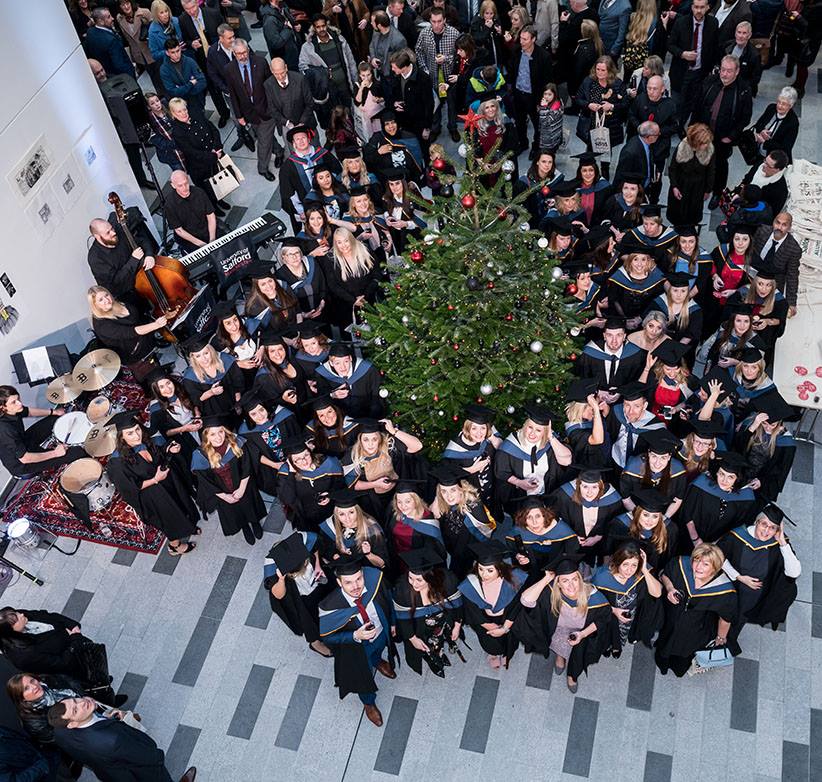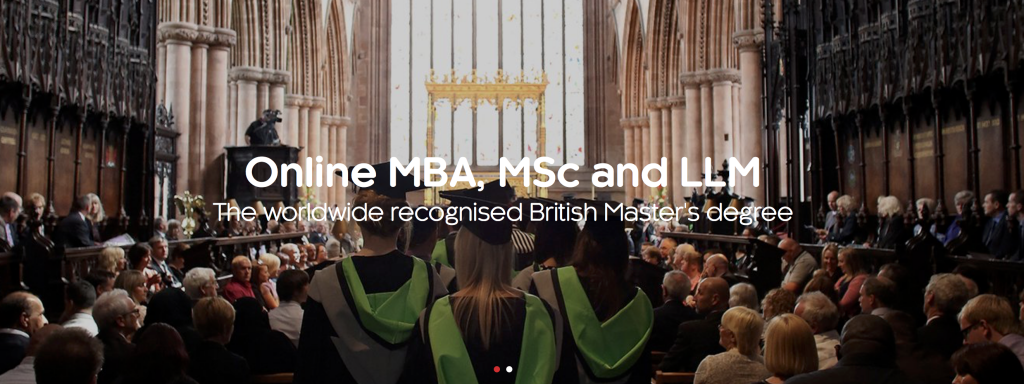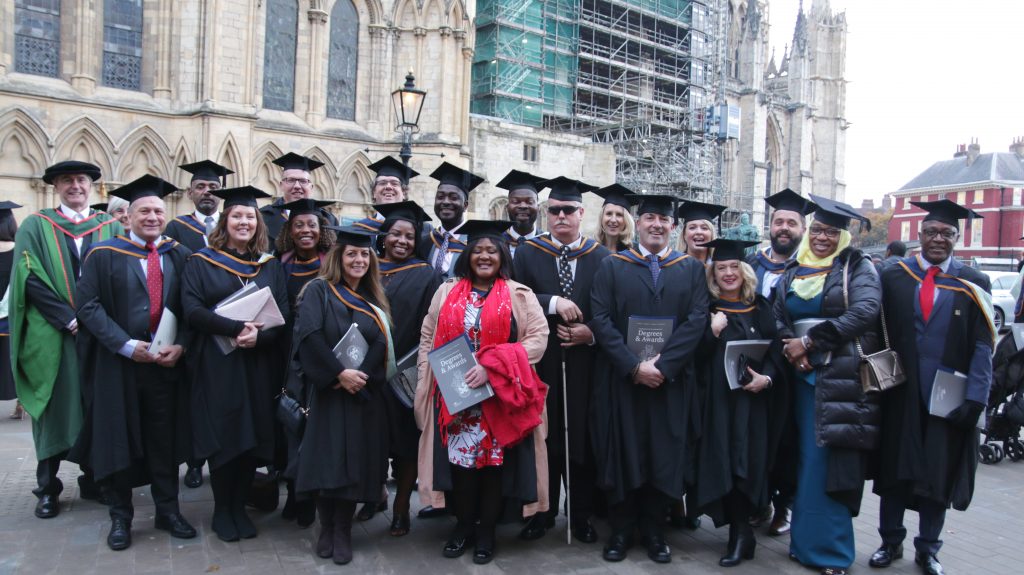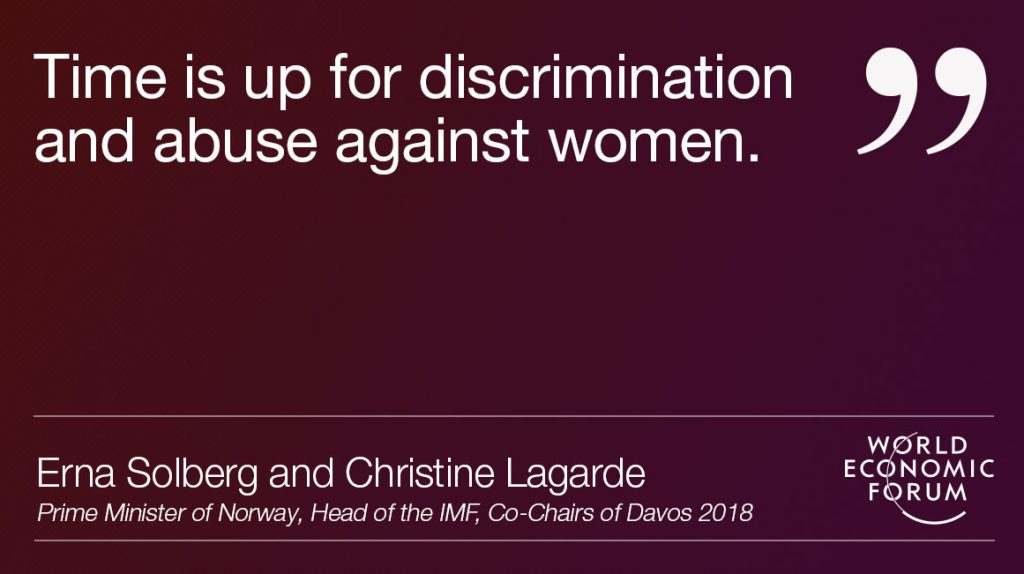So, when I decided to write an informative blog on university rankings to enable you the reader to make an informed decision, I did not realise what I was getting myself into. And after days of research and multiple migraines, I have decided that if I just go ahead and dump all the information here, you are just going to lose interest, get confused and finally just go away and never come back.
Utility of Ranking Systems

To begin with, should we even look at rankings to base our decisions on? After all UNESCO did observe that rankings “do more harm than good” and you will find some of the reasoning for this as you read further. On the flip side they also observed that rankings have also become a measure of quality and have created an atmosphere of competition between universities. You can find more information on this UNESCO finding in the UNESCO Publishing – Rankings and Accountability in Higher Education: Uses and Misuses.
Like most things in life, rankings also have their good bits and their bad bits. To begin with, there is no almighty, all encompassing ranking system out there, because that is just not possible. There are just so many parameters that educational institutions can be ranked on, any ranking agency will just get overwhelmed with data and quite possibility put out a very confused and confusing report. There was even a ranking in the United States that ranked universities on squirrels (yes, the cute little rodent).
So, most agencies will pick and choose a few areas they feel are important and grade the university. This is where things start to look a little murky.
The Perspective
I remember when I was considering universities to apply for my MBA, I just opened a few of the top selling magazines and educational journals, looked at the top universities, made a list of universities that featured in multiple magazines/journals and applied to them. It did not ever occur to me to look into the parameters that the universities were being evaluated on and if they were even relevant to me.

So, make your own list, make a list of parameters you feel are important, may be campus job placements, alumni engagement, faculty, student to teacher ratio, campus, etc., and focus on rankings that evaluate on parameters that come closest to your list. Another point of view is to forget about the university rankings and look at subject rankings (say, Law). A particular university might not be ranked too high, but for the subject you are interested in, the university might be ranked 1st in the North West and 8th in the UK.
As we are looking at rankings that come closest to our list of parameters (and here comes the murky bit) there is usually no transparency. Most ranking agencies will not share their algorithm (and why should they, they have worked hard on it and have spent a lot of money on it) or for that matter, even parameters that have gone into giving a particular rank to a parameter. Why did university A get 8 points for Student Engagement, but university B get only 3 points? At the same time, last year university A was on 3 points, what has changed? So, look at rankings that are a little more transparent, they don’t have to open up their algorithms to you, but a little transparency will help you make an informed decision.
The Rich get Richer
There are also a number of ranking agencies, especially the smaller ones, that fall into the trap of ranking universities on their reputations. While I personally believe there is nothing wrong with this – to a very limited extent – after all, the university probably worked hard on developing this reputation and in all likelihood deserves it, basing a ranking system primarily on reputation will continuously reward only a handful of universities. For example, a reputation based ranking system will always rank universities like Oxford and Cambridge at the top while ignoring universities that are working towards developing their reputation by offering better programmes, teaching methodologies or more advanced and modern study environments.
Universities have also learnt to play the ranking game. Most universities have dedicated teams that engage ranking agencies, understand how their ranking system works and learn to either improve their offering and thereby improve their ranking or to manipulate the system and improve. Look at the older rankings of the university and mark their progression through the ranks, seek out explanations as to why a university has improved in a certain parameter but not in others. Try to seek out transparency on the change in rankings.
Look at rankings that are updated on a regular basis, preferably on at least an annual basis. A university on top today may be at the bottom tomorrow.
Further Research
Finally, let me leave you with the link to the Wikipedia page (even though using Wikipedia in academic writing would get me wrist slapped by Dr Negoescu!) on the college and university rankings, where you will find information on a number of global and regional ranking agencies that should provide you with information you might find useful or you might just find confusing. This is the way the cookie crumbles, sorry! I wish you the best in your hunt for that perfect university, there is one for everyone.

Since you are reading this blog, you probably already know that we at Robert Kennedy College offer more than 30 Master’s degree programmes in partnerships with 3 UK universities and we have been helping more than 14,000 students from almost every country in the world develop their skill sets, improve their CVs and advance their careers – you are in good hands should you consider taking the plunge. Have a look at our programme catalogue and get in touch with our Admissions’ team if you have any questions about the programme most suitable for your background.














